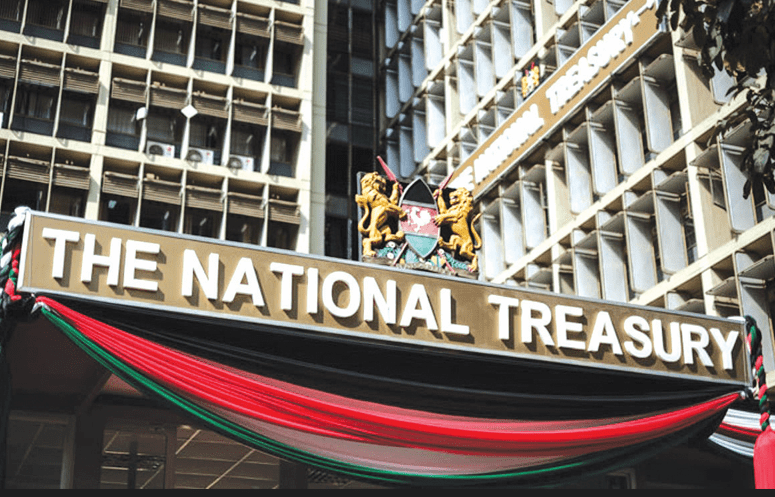Banks commit Sh450b to support small businesses

It is a sigh of relief for small and medium enterprises (SMEs) after the banking industry committed significant financial support to low and medium enterprises in the country.
This is after SMEs expressed major concerns following their exclusion from public procurement opportunities. Last week, the Kenya Association of Manufacturers (KAM) revealed that the government had set aside 30 per cent of its public procurement opportunities to vulnerable groups including women and people living with disabilities, leaving behind SMES.
In response, the Kenya Bankers Association (KBA) has now committed Sh450 billion to SMEs for the next three years starting from 2025.
The funding is aimed at supporting and empowering SMEs to boost their growth and sustainability. Following the move, SMEs will now have easy access to affordable loans, one of their current major challenges.
Speaking during the launch of the banking sector’s MSME Accelerator Programme and the release of the Banking Industry Total Tax Contribution Report 2023, President William Ruto said that SMEs will from next year have access to Sh150 billion in new loans every year.
Ruto also promised to promote SMEs by ensuring financial, policy, and institutional support from the government. He also emphasised that he will ensure all pending government bills are paid on time, once the ongoing verification process is completed. According to KBA Chairman, John Gachora, pending bills are estimated at Sh70 billion, which negatively impacts supply chains, business viability, and bank lending.
He urged the government to create a healthier business environment for MSMEs to flourish.
Delayed payments
Businesses and service providers in the country have been experiencing increased cases of delayed payments by the national and county governments. This has resulted in very slow economic growth, adding a strain to businesses that are already suffering from local and international market factors.
SMEs have had a huge strain on cash flows which in turn makes it unable for them to operate seamlessly. According to a study by the Kenya Institute for Public Policy Research and Analysis (Kippra), the prevalence of pending bills affects the economy in several ways.
“The existence of pending bills reduces profitability for firms which trade with the Government and other firms through a ripple effect. Second, pending bills worsen liquidity constraints for firms and may either drive them into total bankruptcy or increase their likelihood of defaulting on loan payment which in turn reduces the size of the private sector that mainly constitutes SMEs,” noted Kippra in its report.
The move by KBA is expected to not only boost SME growth but also ensure that they continue to play a significant role in boosting the country’s economy. Currently, SMEs generate approximately 30 per cent of the country’s Gross Domestic Product (GDP), highlighting a dire need to support SMEs.
KBA also hopes that the funding will strengthen the engagement between SMEs and the banking sector to promote growth, innovation, and long-term sustainability. “I commend the banking sector for this bold initiative, which will undoubtedly unlock the potential of our MSMEs and propel them to greater heights,” said Ruto.












